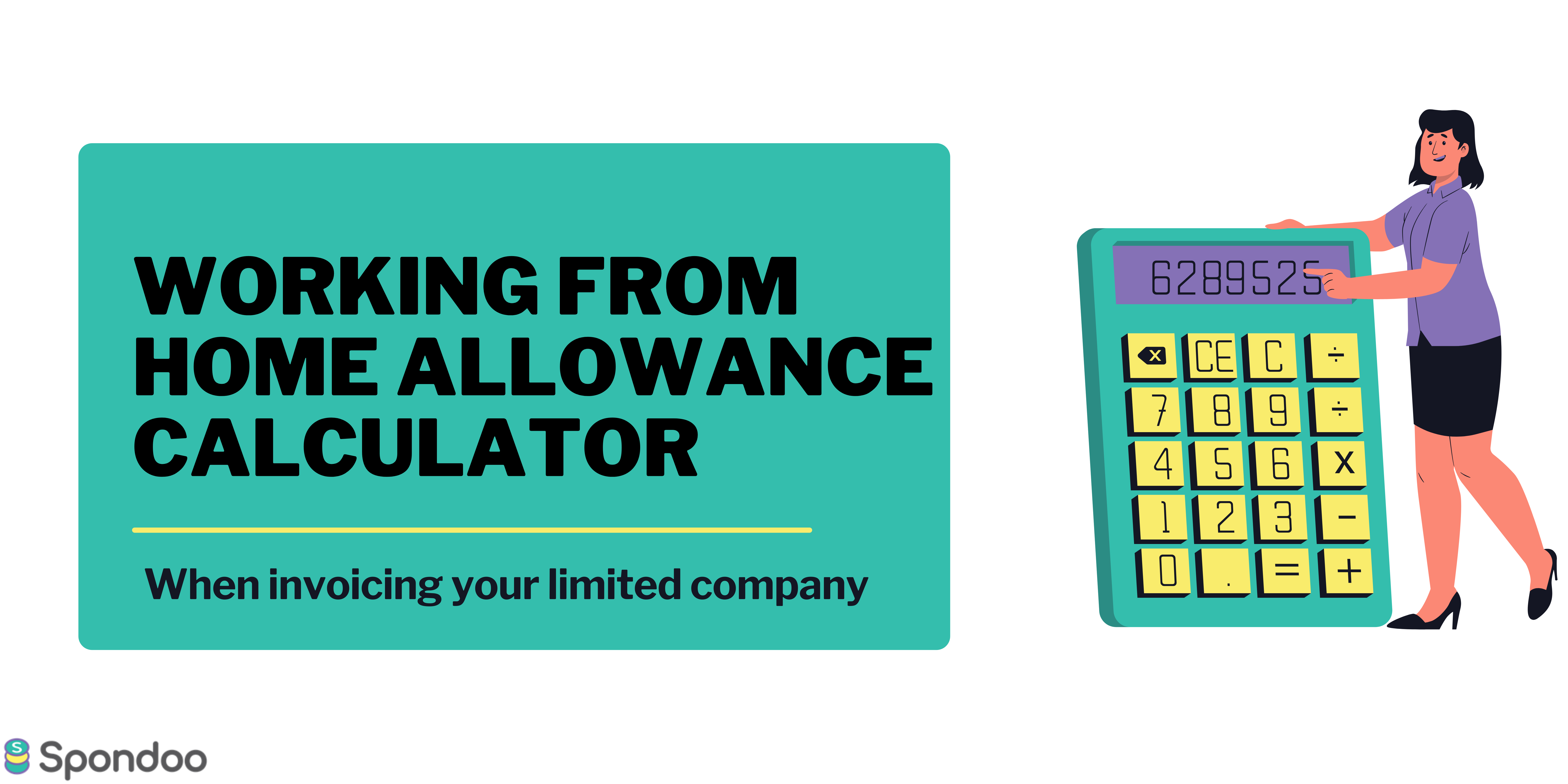
As a limited company director – instead of claiming the working from home Flat Rate allowance of £6 per week (£26 per month) under the simplified expenses rules, you can rent out a personal workspace in your home to your limited company. You are allowed to claim certain costs from your company if you provide home office space when working from home.
Under this arrangement, a rental agreement should be put in place – between yourself as an individual and your own Limited company. The director then becomes the company’s landlord, and you can invoice your company for ‘rent’ of the office space. This commercial agreement allows the director to declare a proportion of the home running costs in their personal tax return.
A formal lease is controlled by the Landlord and Tenant Act that has Capital Gains Tax and Business Rates implications. However, a non-exclusive annually renewable license for a home office is less rigid and binding.
A rental agreement proves a commercial arrangement between the director and the company. It is crucial to remember the following when setting up:
Charge your limited company rent that is:
Additionally, rent can include service charges for the incremental costs. The costs should be calculated to reflect proportional costs to avoid a gain in your personal tax return.
Remember that should the rent charged to the company exceed the household costs personally incurred, you will be taxed on the difference (rental profit). To avoid this, the rent that you receive from the company should equal the costs you have incurred.
The rent you charge should have all services provided to the company. You can include the following costs:
To calculate your home running costs, you must know how many rooms you have on your property – then work out what percentages of the time you use one (or more) of the rooms for business use. Feel free to use our working from home allowance calculator for free!
It is crucial to review the advantages and disadvantages of this arrangement with a tax professional since the director (as an individual) would be receiving rental income – some or all this income would be liable for personal tax.
